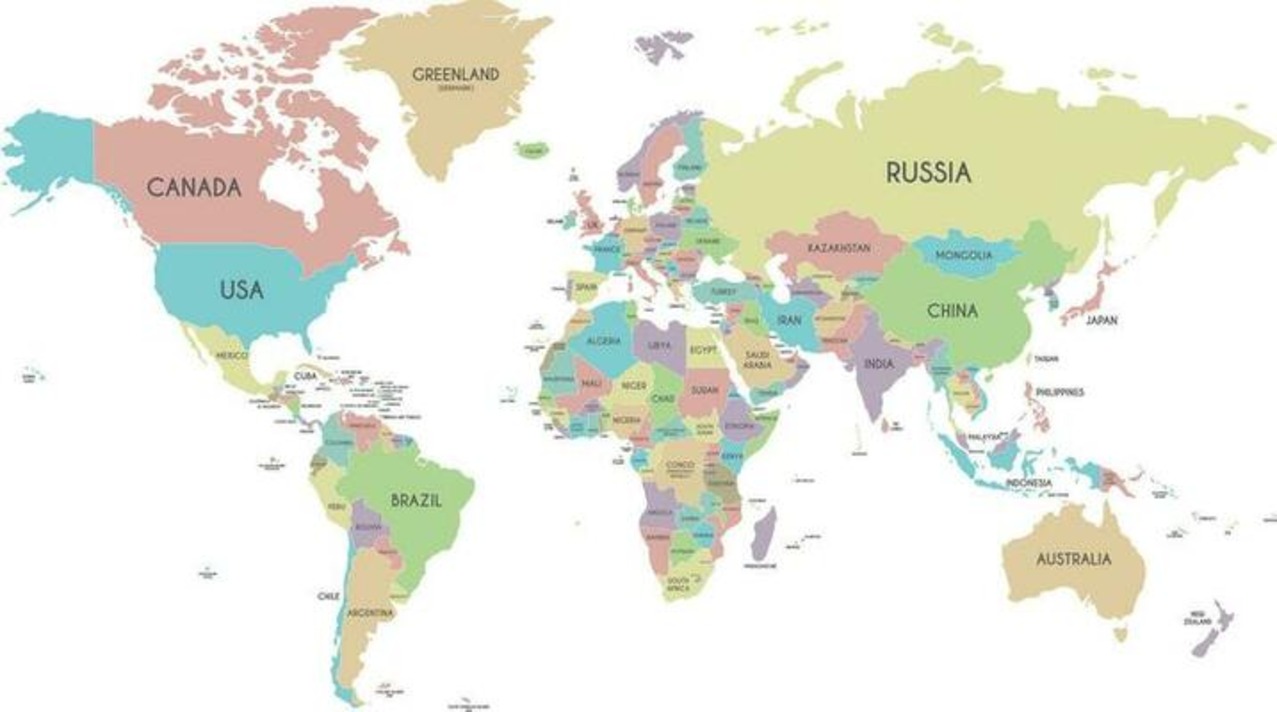Donald Trump’s repeated comments about acquiring Greenland and his threat to use force to do so have raised concerns among NATO allies and the European Union, despite initial dismissals of the idea as a joke. The situation has prompted questions about the future of US relations with Denmark, Greenland, and its broader impact on NATO’s stability and cohesion.
The Context of Trump’s Remarks
In 2019, President Trump expressed interest in purchasing Greenland, a self-governing territory of Denmark, sparking a diplomatic controversy. Denmark rejected the proposal outright, calling it “absurd,” but Trump persisted, suggesting the potential of an attack if negotiations failed. While his comments were often seen as lighthearted or provocative, some political analysts and foreign policy experts are now examining the potential risks of a more aggressive stance.
Greenland holds strategic importance for NATO, with its location providing a critical vantage point for controlling the North Atlantic and Arctic regions. The island’s vast natural resources also play a role in geopolitical considerations, particularly as global competition for Arctic resources increases due to climate change and new shipping routes.
Impact on NATO and the EU
NATO, founded as a collective defense organization, is bound by the principle that an attack on one member is an attack on all. Greenland, though not a member of NATO, is a key ally within the framework of Danish sovereignty. A threatened military action by the US could therefore have significant consequences for the alliance, testing the unity of NATO and potentially straining relations between the US and European partners.
For the European Union, the situation could further complicate an already fragile transatlantic relationship. The EU has long relied on stable relations with the US, but any escalation over Greenland could challenge the EU’s position in handling international conflicts and undermine the credibility of its diplomatic approach to global issues.
Geopolitical Implications
The threat of force to seize Greenland would also signal a shift in US foreign policy, potentially emphasizing unilateral action over multilateral diplomacy. This shift could influence how NATO functions and how the EU approaches future negotiations with global powers. Moreover, it could embolden other countries with territorial ambitions, potentially leading to instability in other regions.
Conclusion
While Trump’s comments regarding Greenland are widely seen as rhetorical, their underlying implications for NATO and the EU should not be overlooked. The potential for strained diplomatic ties and geopolitical uncertainty raises important questions about the future of international relations and the cohesion of Western alliances. Both NATO and the EU must navigate these tensions carefully to ensure continued stability in the face of emerging global challenges.
Picture by Yehor Lisnyi on Vecteezy



